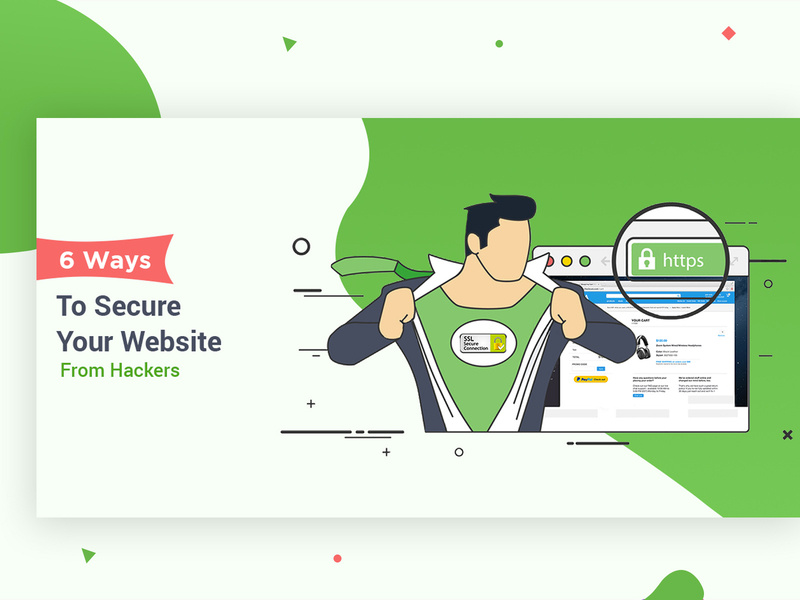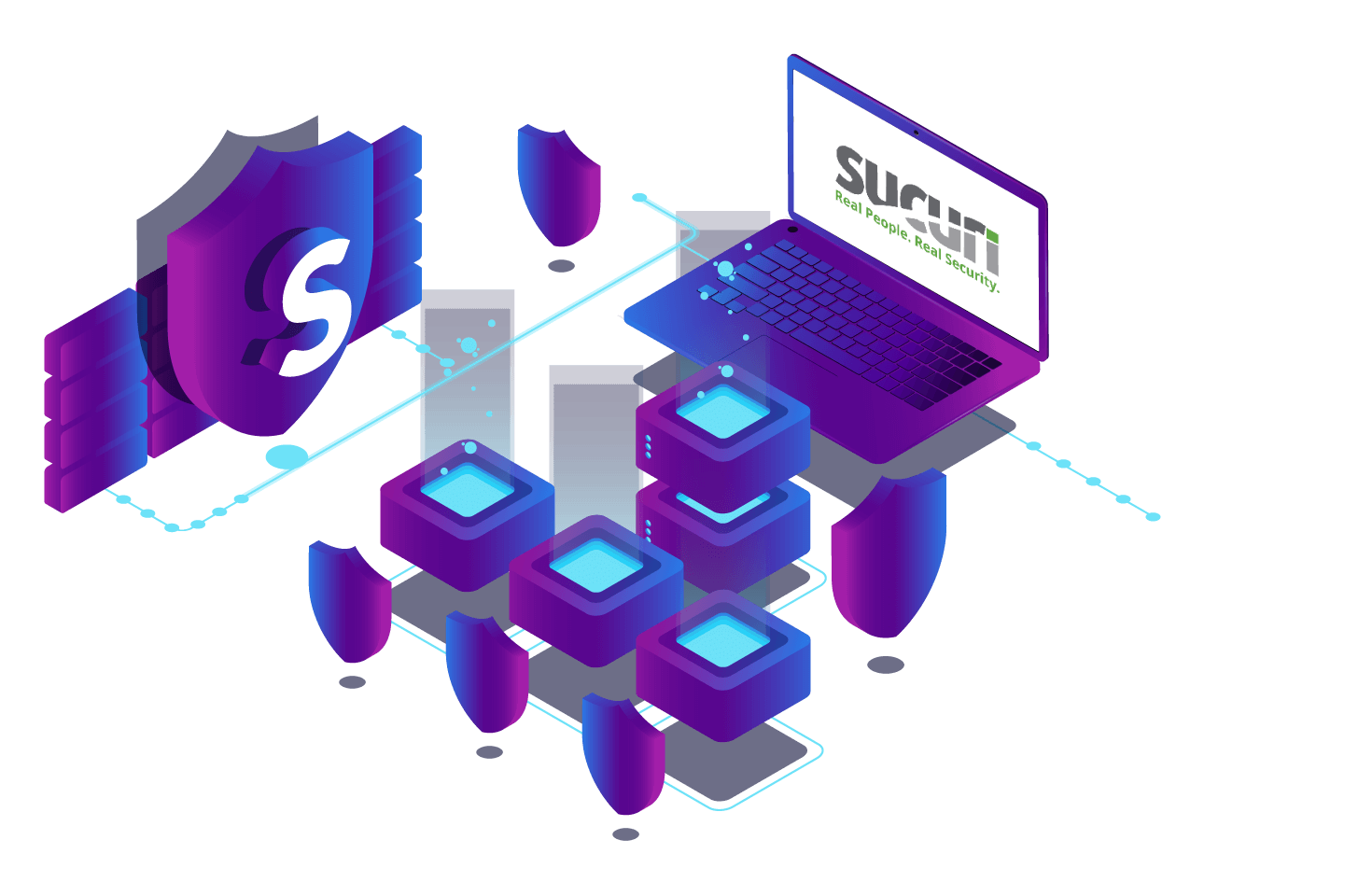Protecting Website From Malware for Dummies
However, running system updates are essential. If you put them off, the consequences might be much even worse than annoyed in-laws. Take, for example, what occurred with the Wannacry ransomware attack, in which more than 200,000 computers Click to find out more were compromised across 150 different nations, with overall damages that ranged in the hundred millions to billions of dollars.
With the mass adoption of wireless technology in the last decade, our personal info is continuously being sent over public networks ... and it's not constantly protected in addition to we think. Our computer http://edition.cnn.com/search/?text=protect your webiste from malware systems connect to files, printers, and the internet continuously, and hackers enjoy to take advantage of unprotected web traffic. The reality is, you're playing with fire if your do the following: Demand utilizing public Wi-Fi without web browser defense Do not use a password for your own personal network (and share that details with others) Rely only on WEP router encryption, the weakest there is.
You need a cordless network in the house that is WPA or WPA 2 encrypted. Never relay your SSID to others even if you have reliable guests who wish to share the network. Instead, develop a visitor SSID and different password for those people. Bottom line: if your network is not protect, you need to utilize a virtual private network.
Unknown Facts About Malware
You require to understand what to search for in a quality VPN and, particularly, you need to inspect and make sure that the VPN you are using is not logging your data, which some VPNs (normally free ones) often do. When it pertains to street crime, there are common-sense principles that immediately keep you safe, such as never taking a trip alone at night, remaining in well-lit areas, and so on).

Avoid sites that feature pirated material, especially torrent sites like The Pirate Bay. These sort of locations are loaded with malware. You should never ever open an email attachment from someone you do not acknowledge, which might be part of a phishing scam. Here are a couple of ideas: Scan every file before you download it, even if the file is sent from family or pals.
According to the most current stats, more than 18 million sites on the web are contaminated with malware. There are apparent red flags relating to corrupted websites, so you need to not just instantly leave them, but likewise report them to your anti-virus service provider. Secondly, constantly ensure that you check out a site with an SSL certificate.
Little Known Facts About Protecting Website From Malware.
When a web browser, such as Chrome, informs you that a site in not safe, act http://www.thefreedictionary.com/protect your webiste from malware to avoid the whole page from being packed. Malicious websites are often hosted in the information centers of inexpensive webhosting service providers, numerous of which are host countless websites on a single shared server with little to no quality assurance.
It is getting increasingly challenging to manage all of your personal info online. Why is this? Shouldn't advances in encryption innovation and standards make us more safe, not less? The truth is, all business today are "web" business. They keep your all data in digital kind-- your house address, social security numbers, usernames, passwords, and transaction history.
And though encryption is stronger today than ever previously, so too is the worth of your digital tricks. One small hack can launch the personal details of thousands or countless users. And that's not even starting with message boards and social networks profiles where hackers can social engineer personal details.

All About Protecting Website From Malware
A recent report by Panda Security demonstrates how more powerful file encryption requirements could make it much easier for some types of malware to infect your computer system. Numerous online organisations have policies for GDPR compliance, but they might inadvertently produce a backdoor for brand-new types of encrypted malware. In summary, there are not nearly enough precautionary techniques you can require to avoid identity theft.
Cybercriminals are regularly changing and presenting new malware. Malvertising, for instance, is simply one example of malware. In addition to staying updated with all your programs and operating system, also eliminate any software you no longer use. Outdated programs no longer have spots (updates/fixes) and leave you vulnerable to attacks.
government looking over our shoulders, security agencies are in fact helping. In fact, there's a branch of Homeland Security called the Cyber Security Division. The evaluate all types of risks, both personal and public, and regularly upgrade Malware is exceptionally common, yet it is not impossible to prevent.

The Greatest Guide To Malware
To recap, here's how to protect yourself from malware: Always used a relied on anti-virus program from a reliable company. Run scans regularly. Always upgrade your operating systems and software application. Use security networks, proxies, and/or VPN's whenever possible. Don't click on everything you see (a website or email link). Secure your usernames and password as if your monetary future depends on it.
When you take these fundamental safety measures, you will vastly enhance your security and make sure that your computer system runs as fast as it should. .
Post Views: 436 Practically every site owner or web designer needed to deal with site infections at some time. However although there is a lot of details about malware over the Internet, we unfortunately tend to forget about safeguarding our websites from them. As you may know, viruses are kinds of destructive codes that penetrate into your site and disrupt its' regular performance.
Website Malware Protection Fundamentals Explained
For the a lot of part site owners are not conscious that their site was contaminated, and generally they will not take proactive steps before they see noticeable indications of a hacked site. Every site owner need to understand the root of the issue-- site vulnerabilities are the cause and viruses are the symptoms.
If your site was infected, getting rid of the infections is not enough. You must comprehend how a hacker managed to inject the infection. You need to examine your website for vulnerabilities and repair them. If the only thing your do is cleaning the website, you are running the danger of being reinfected.
The very best method setting about it is putting in a "Defense" paragraph in your plan prior to you even start developing your website. Just as you will surly install an alarm on your home or shop, so why do you disregard securing your virtual one?Why do we safeguard our computer systems from viruses with anti-virus software and firewall programs, setting up alarm on our physical workplaces, but we overlook to secure our web resource?Often it is because of a popular misunderstanding-- that our host is accountable for the defense of our site.
Our Website Malware Protection Diaries
Its' function is to provide you with a physical location where your web resource will exist, similar to a hotel. And like a hotel that it is, once again for the many part, is not accountable for your http://cesarjqlq961.almoheet-travel.com/a-straightforward-overview-on-practical-protecting-website-from-malware-systems stolen residential or commercial property, a host is not responsible for the security of your website.